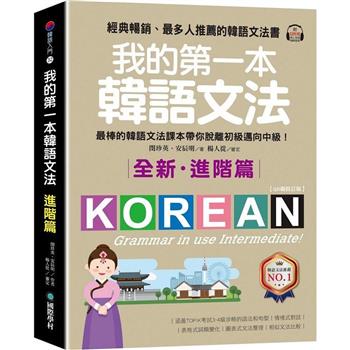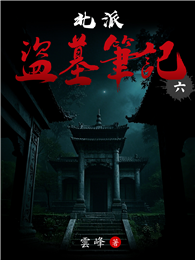Israel Zangwill (21 January 1864 - 1 August 1926) was a British author at the forefront of cultural Zionism during the 19th century, and was a close associate of Theodor Herzl. He later rejected the search for a Jewish homeland and became the prime thinker behind the territorial movement. Early life and education: Zangwill was born in London on 21 January 1864, in a family of Jewish immigrants from the Russian Empire. His father, Moses Zangwill, was from what is now Latvia, and his mother, Ellen Hannah Marks Zangwill, was from what is now Poland. He dedicated his life to championing the cause of people he considered oppressed, becoming involved with topics such as Jewish emancipation, Jewish assimilation, territorialism, Zionism, and women's suffrage. His brother was novelist Louis Zangwill. Zangwill received his early schooling in Plymouth and Bristol. When he was nine years old, Zangwill was enrolled in the Jews' Free School in Spitalfields in east London, a school for Jewish immigrant children. The school offered a strict course of both secular and religious studies while supplying clothing, food, and health care for the scholars; presently one of its four houses is named Zangwill in his honour. At this school he excelled and even taught part-time, eventually becoming a full-fledged teacher. While teaching, he studied for his degree from the University of London, earning a BA with triple honours in 1884. Writings: He had already written a tale entitled The Premier and the Painter in collaboration with Louis Cowen, when he resigned his position as a teacher owing to differences with the school managers and ventured into journalism. He initiated and edited Ariel, The London Puck, and did miscellaneous work for the London press. Zangwill's work earned him the nickname "the Dickens of the Ghetto". He wrote a very influential novel Children of the Ghetto: A Study of a Peculiar People (1892). The use of the metaphorical phrase "melting pot" to describe American absorption of immigrants was popularised by Zangwill's play The Melting Pot, 4] a success in the United States in 1909-10. When The Melting Pot opened in Washington D.C. on 5 October 1909, former President Theodore Roosevelt leaned over the edge of his box and shouted, "That's a great play, Mr. Zangwill, that's a great play." In 1912 Zangwill received a letter from Roosevelt in which Roosevelt wrote of the Melting Pot "That particular play I shall always count among the very strong and real influences upon my thought and my life." The protagonist of the play, David, emigrates to America after the Kishinev pogrom in which his entire family is killed. He writes a great symphony named "The Crucible" expressing his hope for a world in which all ethnicity has melted away, and becomes enamored of a beautiful Russian Christian immigrant named Vera. The dramatic climax of the play is the moment when David meets Vera's father, who turns out to be the Russian officer responsible for the annihilation of David's family. Vera's father admits guilt, the symphony is performed to accolades, David and Vera live happily ever after, or, at least, agree to wed and kiss as the curtain falls. "Melting Pot celebrated America's capacity to absorb and grow from the contributions of its immigrants." Zangwill was writing as "a Jew who no longer wanted to be a Jew. His real hope was for a world in which the entire lexicon of racial and religious difference is thrown away." Zangwill wrote many other plays, including, on Broadway, Children of the Ghetto (1899), a dramatisation of his own novel, directed by James A. Herne and starring Blanche Bates, Ada Dwyer, and Wilton Lackaye; Merely Mary Ann (1903) and Nurse Marjorie (1906), both of which were directed by Charles Cartwright and starred Eleanor Robson. Liebler & Co. produced all three plays as well as The Melting Pot.





![塔木德:猶太人的致富聖經[修訂版]:1000多年來帶領猶太人快速累積財富的神祕經典 塔木德:猶太人的致富聖經[修訂版]:1000多年來帶領猶太人快速累積財富的神祕經典](https://media.taaze.tw/showLargeImage.html?sc=11100697818)






